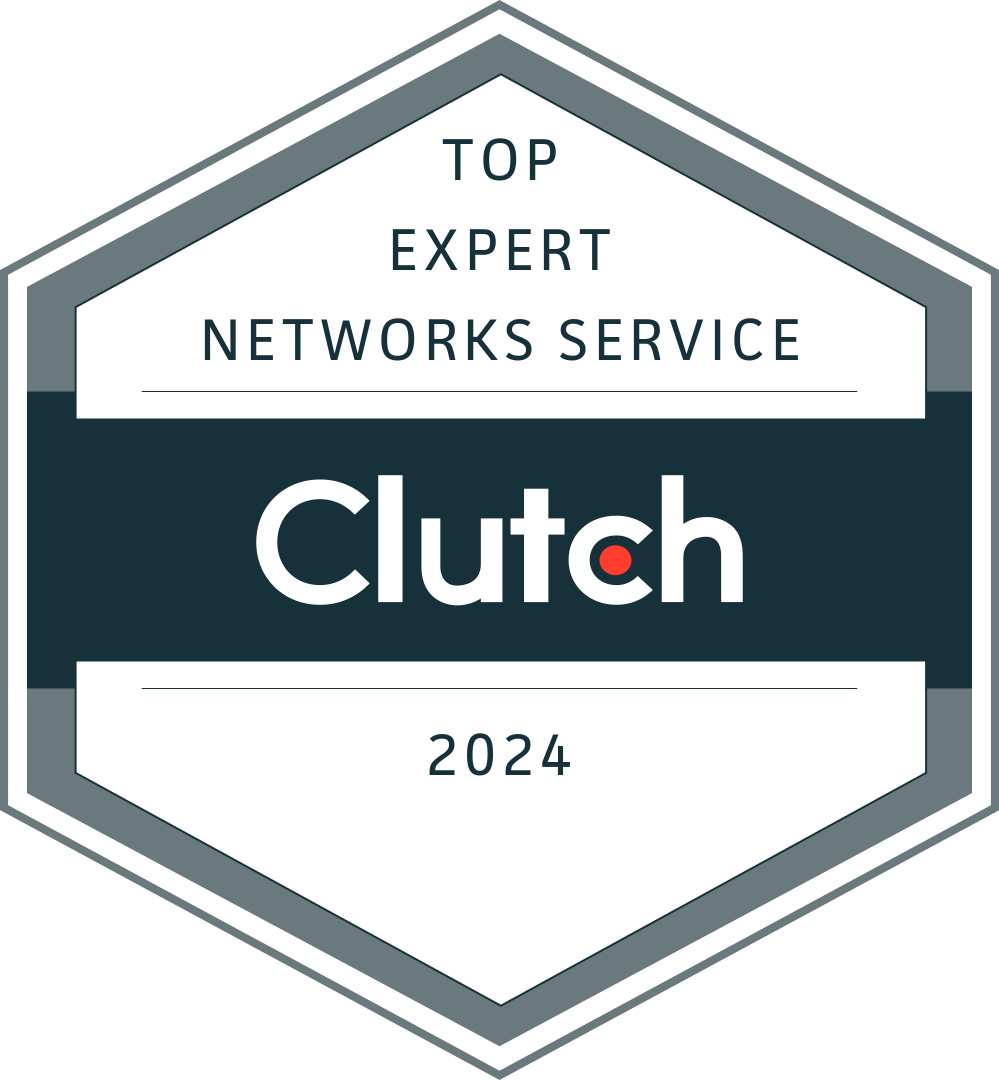Unlock investment topics functionality via joining any of our paid plans.
Upgrade for more features
Unlock access to Thinkers360 AI to fast-track your search for analysts and influencers.
This feature is available for Enterprise Lite and Enterprise Members Only.
Upgrade for more features
Upgrade to create your own analyst relations newsroom and interact with over 10K B2B analysts and influencers on Thinkers360.
Upgrade for more features
Unlock all social handles for all members via joining any of our paid plans.
Upgrade for more features
Unlock company rankings by joining our Enterprise or Enterprise Lite Plans.
Upgrade for more features
You have been temporarily restricted. Please be more thoughtful when adding content for your portfolio. Your portfolio and digital media kit and should be reflective of the professional image you wish to convey. Accounts may be temporarily restricted if we receive reports of spamming or if the system detects excessive entries.
Publish your original ideas on the Thinkers360 platform!
This feature is available for Pro and Pro-Plus Members Only.
Upgrade for more features
Speaker Bureau functionality whereby individuals can be featured speakers within our Speaker Bureau service and enterprises can find and work with speakers.
This feature is available for Pro, Pro-Plus, Premium and Enterprise Members Only.
Upgrade for more features
Highlight your featured products and services within our company directory for enhanced visibility to active B2B buyers worldwide.
This feature is available for Pro, Pro Plus, Premium and Enterprise Members Only.
Upgrade for more features
You’ve reached your limit for this feature.
Upgrade for more features
Contribute to the Thinkers360 Member Blog and have your thought leadership featured on our web site, newsletter and social channels. Reach our opt-in B2B thought leader community and influencer marketplace with over 100M followers on social media combined!
Upgrade for more features
You’ve reached your daily limit for entering quotes. Please only add personally-authored content which is reflective of your digital media kit and thought leadership portfolio.
For full access to the Thinkers360 content library, please join our Content Plan or become a contributor by posting your own personally-authored content into the system via Add Publication or Import Publication.
Unlock your personalized dashboard including metrics for your member blogs and press releases as well as all the features and benefits of our member plans!
Upgrade for more features
Explore Features & Benefits Page


Let's go!


